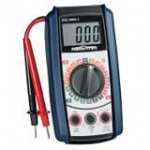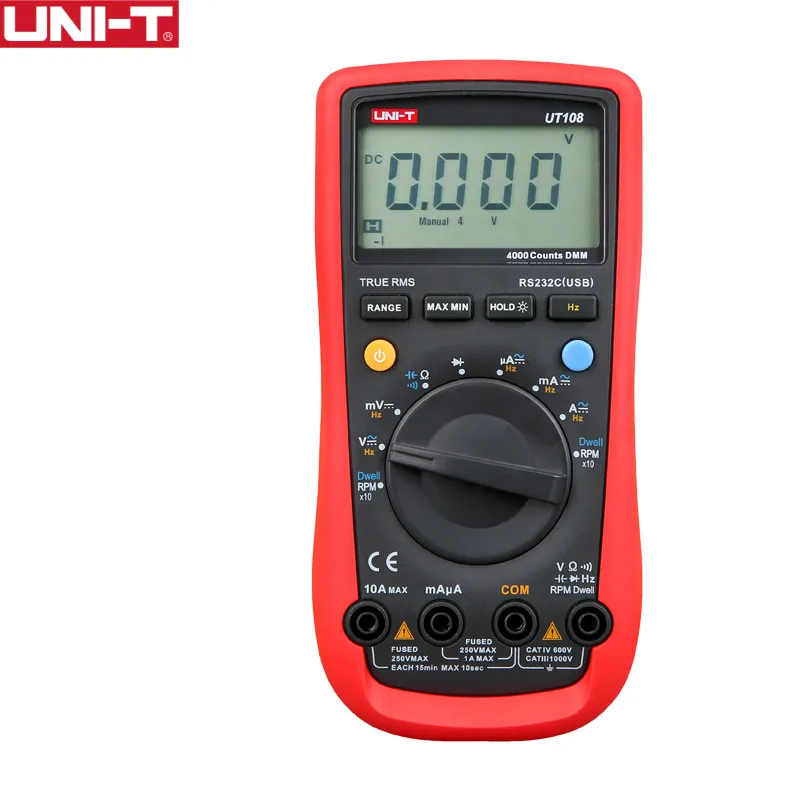Mad Mike
Well-known member
OK, so here is where to start.
1) The ACC circuit. Personally I would not connect lights to an ACC circuit, they are drawing a lot of power. This is where the relay comes in handy.
The relay is basically an electrical switch. It takes a high capacity feed directly from the battery to it's input terminal then connects it through an internal switch to the load (your lights). You can run up to 30A at 12V thru a relay without worrying about frying electrics (don't know the capacity of you acc circuit, but I'll bet its lower than what lights like). The ACC circuit gets connected to the relay trigger, when it supplies power to the relay the relay closes and you have high power to the lights on the out side of the relay. If you want the lights to work through a switch, you simply connect the output of the relay to the handlebar switch.
2) Sorting the switch. If the Siren Switch is momentary (like a horn or start switch) then you can't use it. If it's a simple On/Off, it's useable - you will need to isolate the wires going to the switch in order to get help reusing it.
If you have a simple handlebar switch, one side goes to the + wires (usually red) on the AUX lights, the other side to power.
1) The ACC circuit. Personally I would not connect lights to an ACC circuit, they are drawing a lot of power. This is where the relay comes in handy.
The relay is basically an electrical switch. It takes a high capacity feed directly from the battery to it's input terminal then connects it through an internal switch to the load (your lights). You can run up to 30A at 12V thru a relay without worrying about frying electrics (don't know the capacity of you acc circuit, but I'll bet its lower than what lights like). The ACC circuit gets connected to the relay trigger, when it supplies power to the relay the relay closes and you have high power to the lights on the out side of the relay. If you want the lights to work through a switch, you simply connect the output of the relay to the handlebar switch.
2) Sorting the switch. If the Siren Switch is momentary (like a horn or start switch) then you can't use it. If it's a simple On/Off, it's useable - you will need to isolate the wires going to the switch in order to get help reusing it.
If you have a simple handlebar switch, one side goes to the + wires (usually red) on the AUX lights, the other side to power.

















